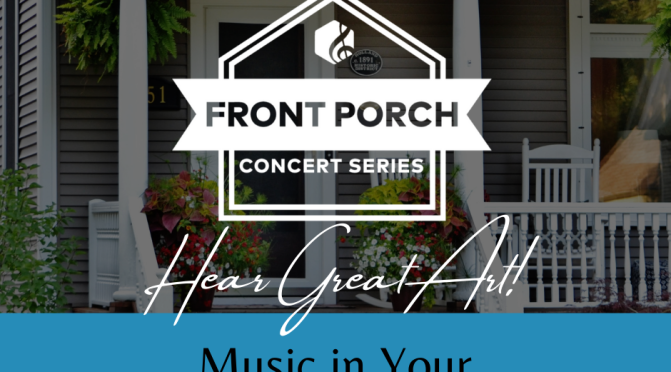By Guest Blogger, Michael Waks
It’s hard to find anyone who doesn’t have a strong connection to music. For some, it’s an all-consuming part of their identity, reflected in band monikers printed on a stable of hard-worn T-shirts and a record collection that seems to grow larger and larger every week. For others, it’s a morning ritual before work, a way to de-stress as the day begins. Whether it’s the twists and turns of a seventeen-minute symphony, or the diving rhythm of a rock ballad, many of us find safe sanctuary in sound.
Music’s ability to evoke a strong emotional response is no secret (Exhibit A: the thousands of crying fans surging towards the stage at any given pop concert). However, these tunes can do more than just pull on your heart strings. Recent research suggests that a daily dose of music can pack a range of health benefits that can put the spring back in your step.
Let’s look at just a few ways music can help you heal:
Music is Good for the Soul (and Even Better for Your Heart)
Studies have discovered that listening to music can help increase blood flow in the body. Other findings suggest that it can also help reduce your heart rate, lower blood pressure, flatten out cortisol (stress hormone) levels, and spike endorphins and serotonin in the blood. Double down on these heart health perks by breaking out a few of your signature dance moves next time the needle drops.
Music Can Boost Your Mood
The perfect playlist can lift your spirits on even the darkest days. Turns out that those Eighties classics are more than just a distraction. Research has shown that music can boost the brain’s production of the hormone dopamine — a neurotransmitter that plays a role in feeling pleasure. Listeners often experience reduced feelings of anxiety and depression after jamming out to a song (or two).
Music Can Slash Through Stress
It’s no mere coincidence that many of us hit “play” when we’re feeling overwhelmed. Research on the topic has found that even a short listening session can help reduce feelings of stress by triggering biochemical stress reducers.
Music Makes You Tougher
Whether it’s at the gym, on the hiking trail, or on the final lap of a long-distance run, the right song can help give you the boost of energy you need to achieve a personal best. It was Rocky’s secret to success! Sweat it out with the right soundtrack and you’re unbeatable. This theory isn’t just backed by Hollywood: scientists have found that listening to music can increase your endurance, giving you a second wind to go the distance.
Come experience these benefits in person with the Long Beach Camerata Singers’ Front Porch Concert Series. These free events take place through the month and will give you a chance to hear our talented quartets live. Since Long Beach Camerata Singers rigorously adheres to local COVID-19 regulations, these concerts, although free, sell out quickly — so RSVP as soon as possible!




















